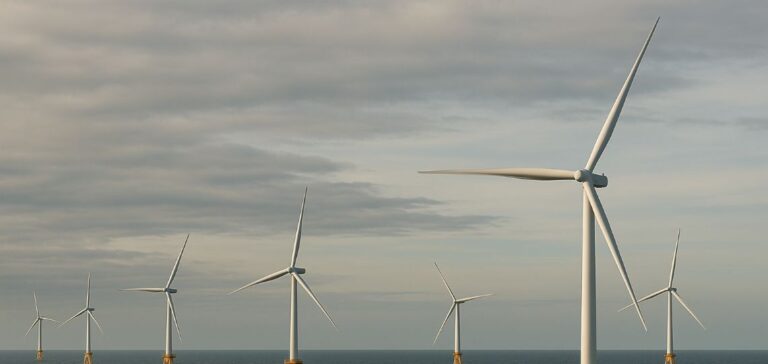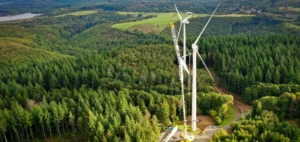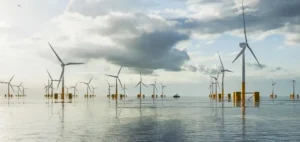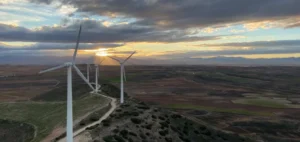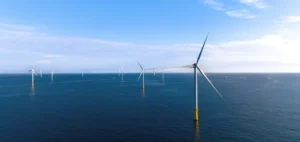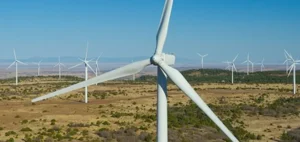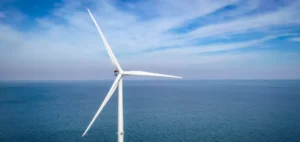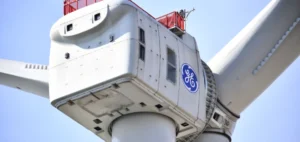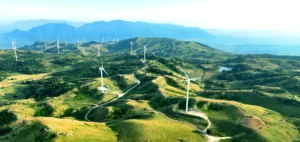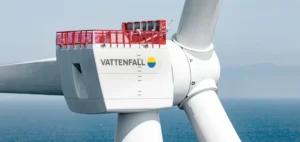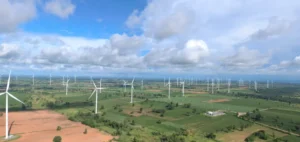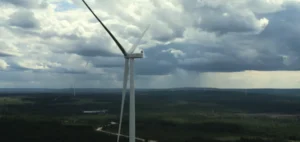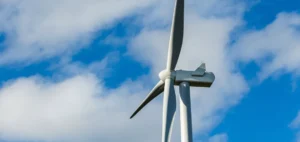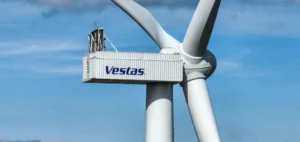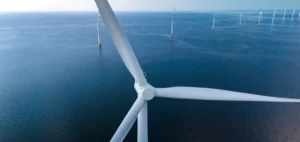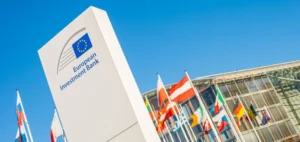Norwegian energy group Equinor stated on Wednesday that it considers the halt imposed by U.S. authorities on its Empire Wind 1 offshore wind project off the coast of New York to be “illegal.” The statement came alongside the release of its first-quarter financial results, buoyed by improved operational performance in its gas activities.
An investment questioned by the U.S. administration
Launched as the first offshore wind project intended to directly supply New York City with electricity, Empire Wind 1 was planned to include 54 turbines with a capacity of 810 megawatts. It was designed to power approximately 500,000 New York households and was valued at $2.5bn (€2.34bn). In mid-April, the U.S. administration ordered a suspension of construction, citing insufficient review conducted under the previous government.
“We invested in Empire Wind after receiving all necessary permits, and the order to halt construction is unprecedented and, in our view, illegal,” said Anders Opedal, President and Chief Executive Officer of Equinor. The company stated it is seeking direct dialogue with federal authorities and is reviewing its legal recourse options.
Results supported by rising gas prices
Despite this development, Equinor posted strong quarterly results, supported by a rise in natural gas prices. Its adjusted operating profit reached NOK8.65bn ($736mn), a 15% increase compared to the same period in 2024, exceeding analysts’ forecasts of NOK8.51bn.
However, net profit declined by 2%, totalling NOK2.63bn ($224mn). The company stated it remains focused on operational stability and financial discipline. “Given current market uncertainties, Equinor’s main objective is to ensure safe, stable and profitable operations,” Mr. Opedal said.
Pending reactions on a key sector project
The Empire Wind 1 project stands as one of the largest offshore wind investments on U.S. soil by a foreign player. The suspension sends a significant message for other developments in the offshore wind sector.
Discussions between Equinor and U.S. authorities have yet to lead to a final decision on the project’s future. No additional official comments have been issued so far by the Department of Energy or the Environmental Protection Agency (EPA).


